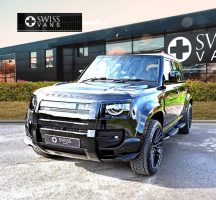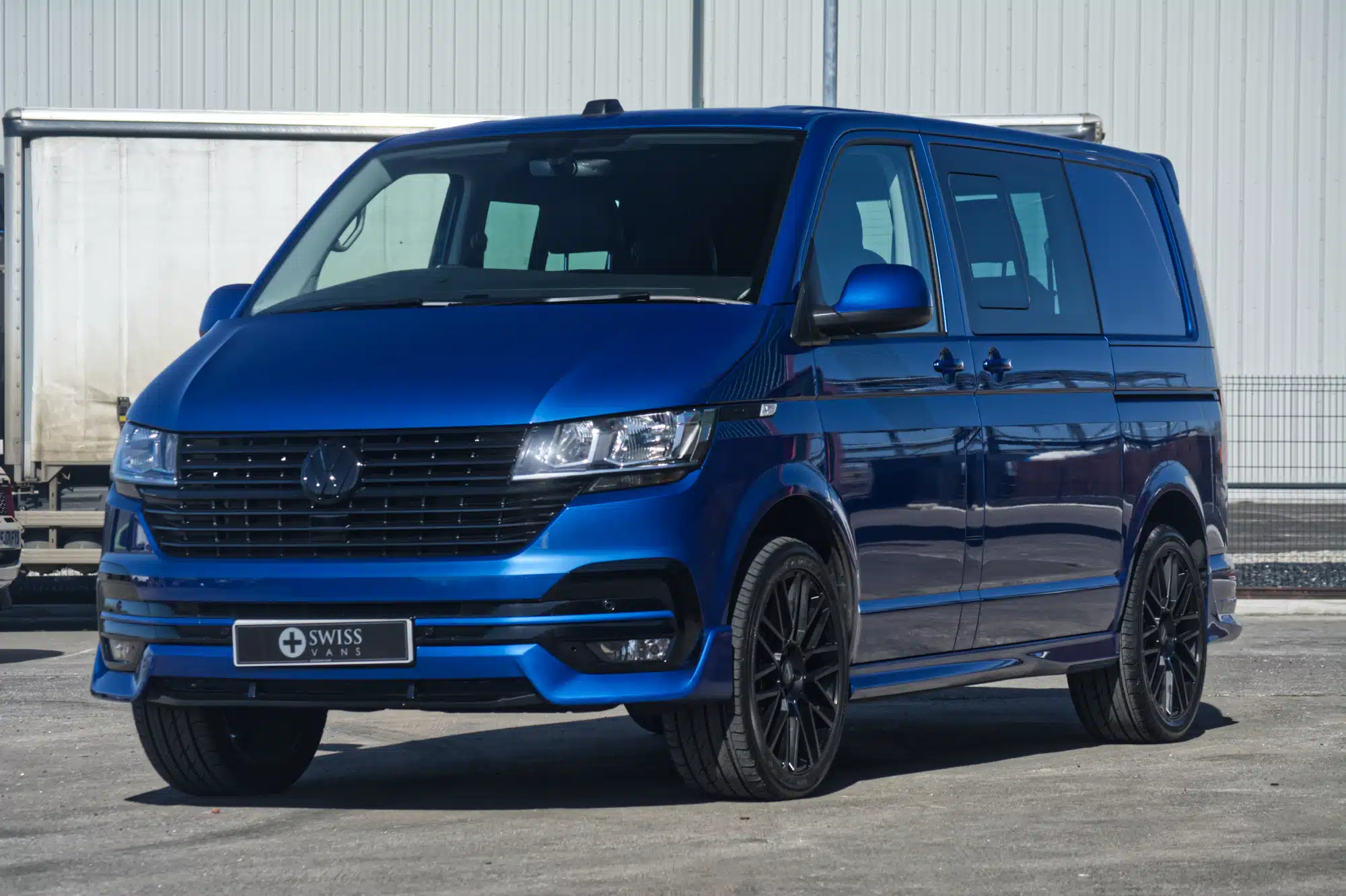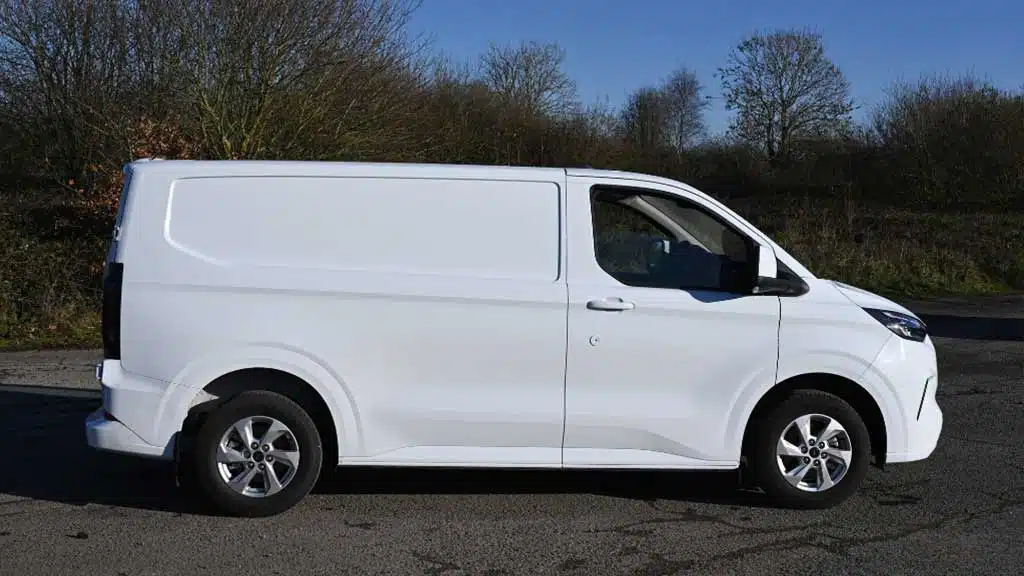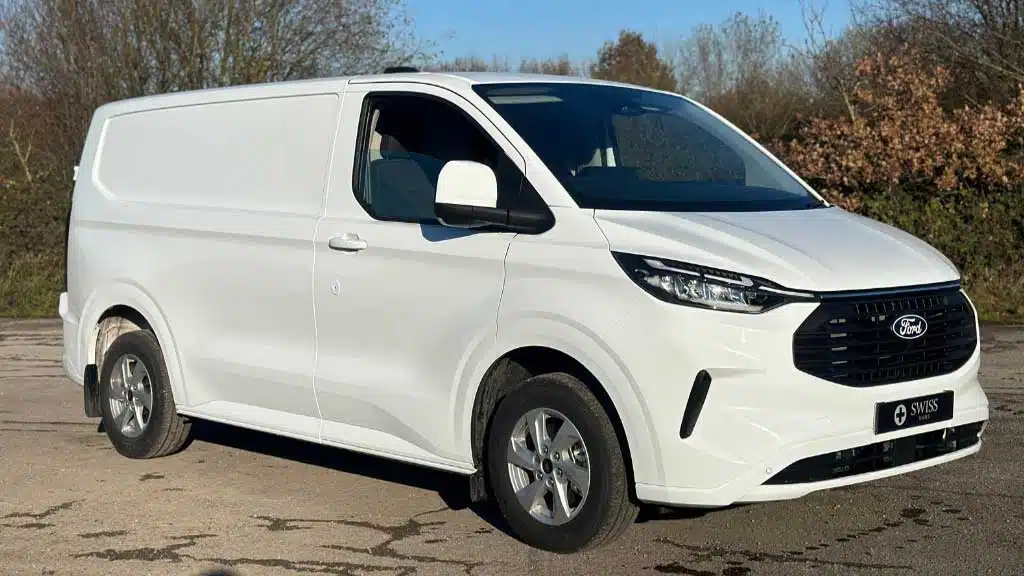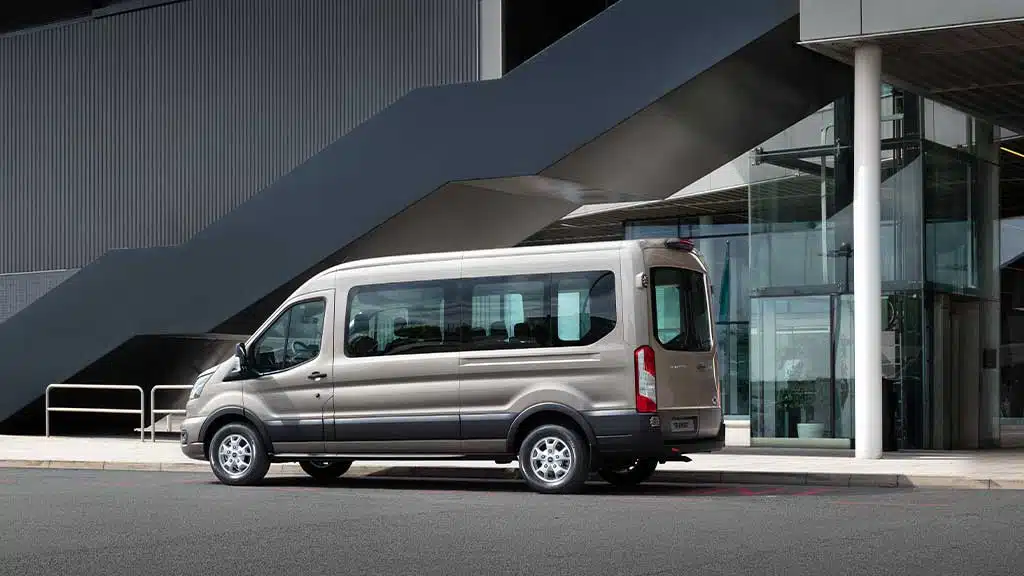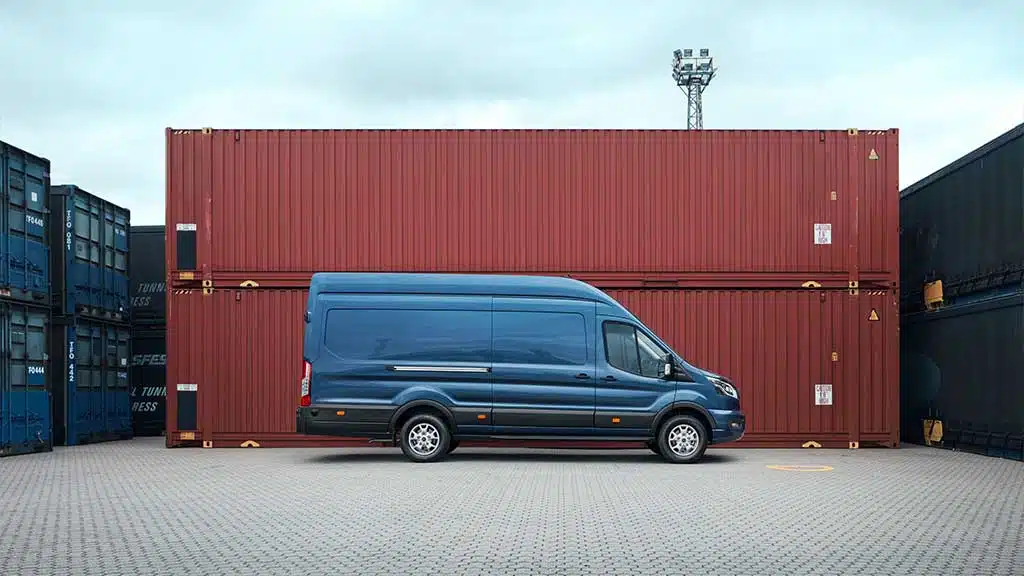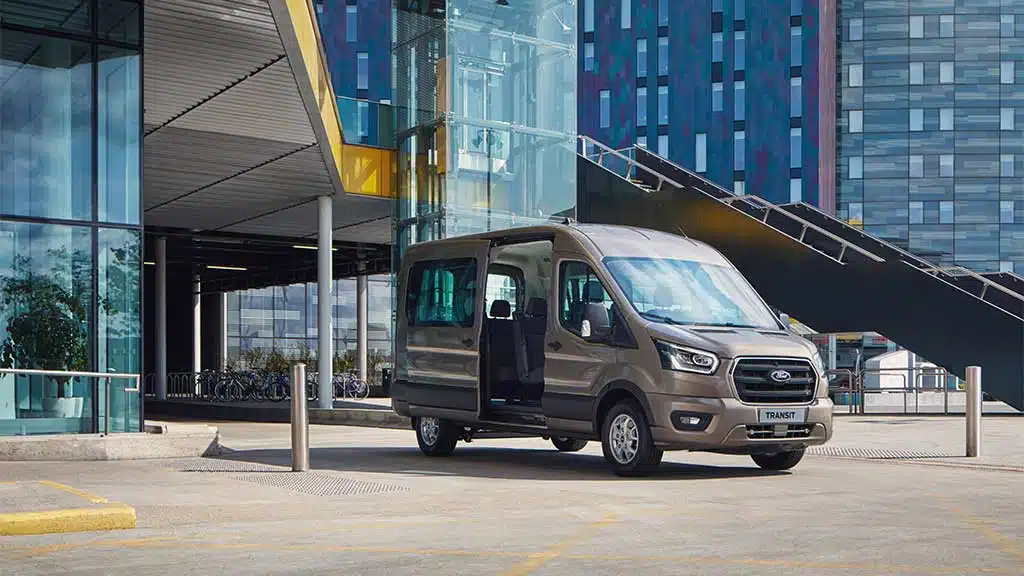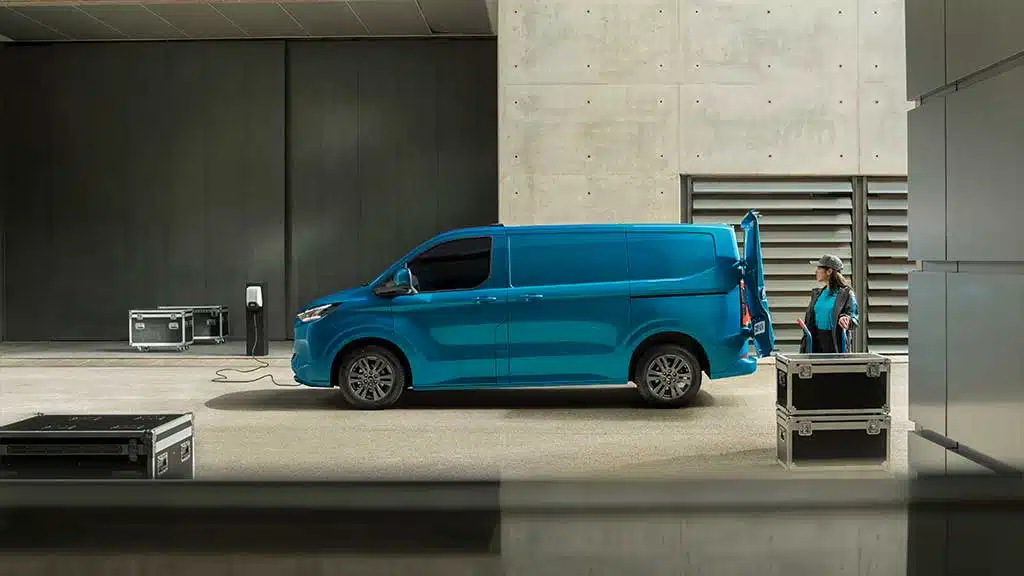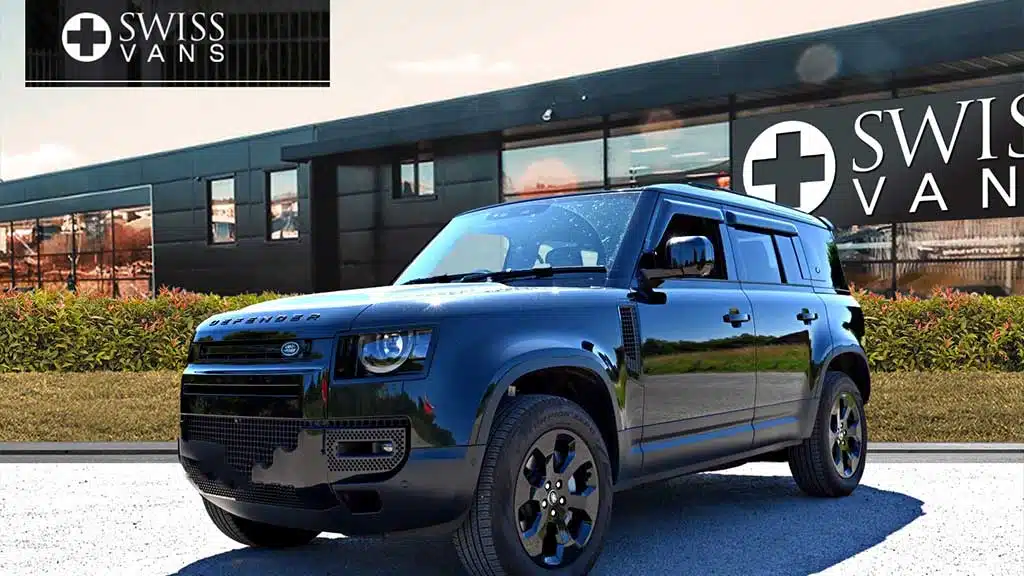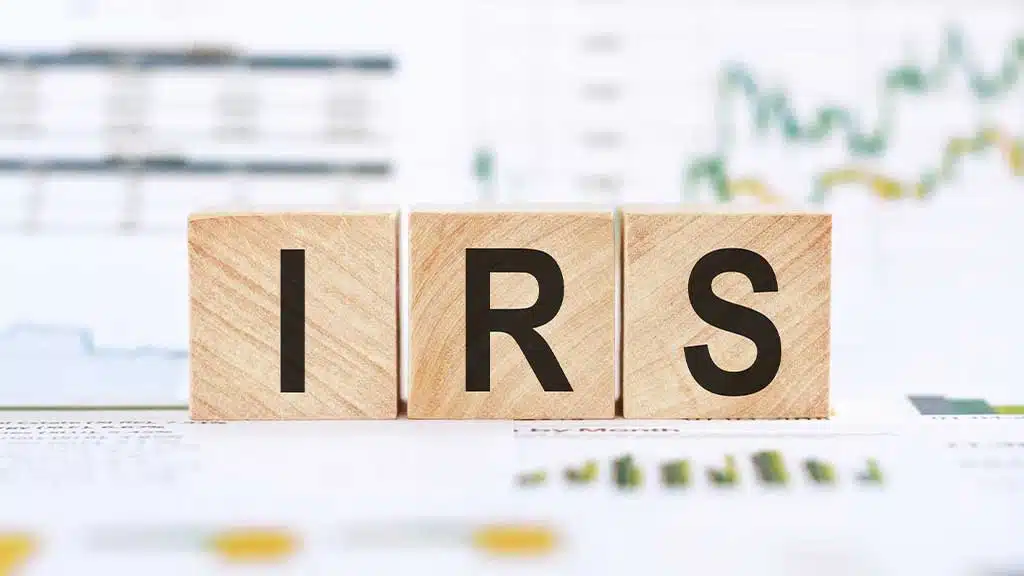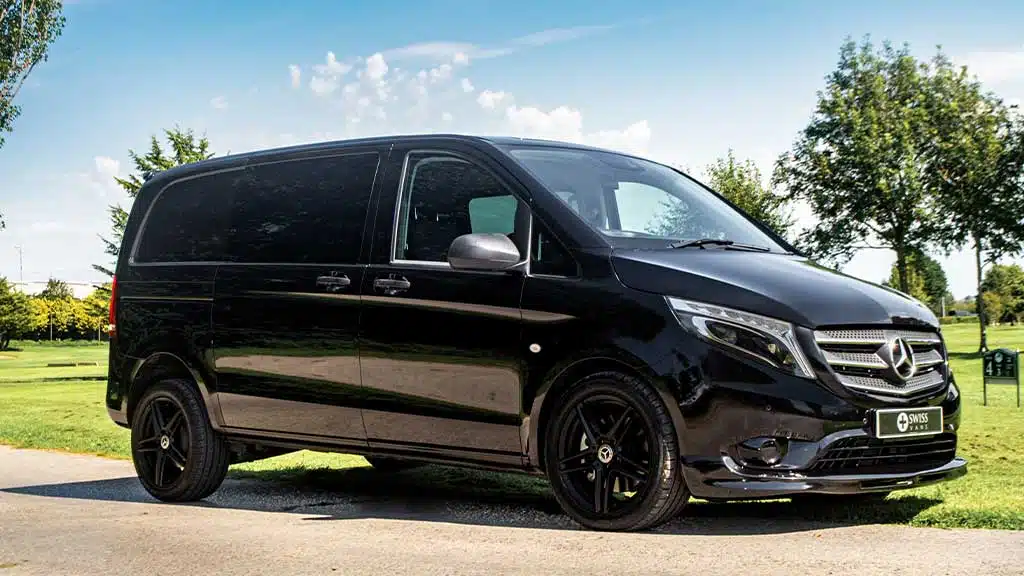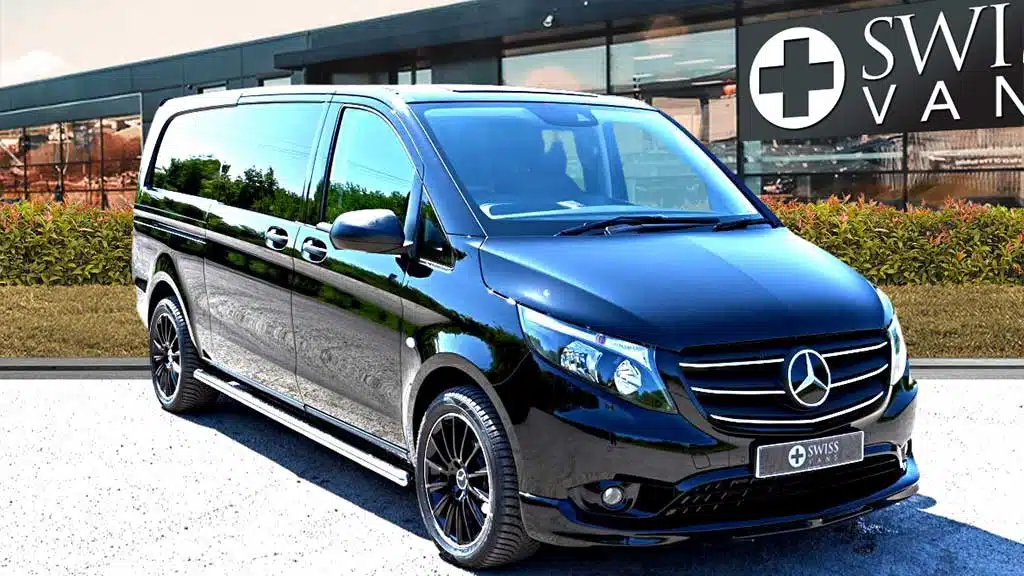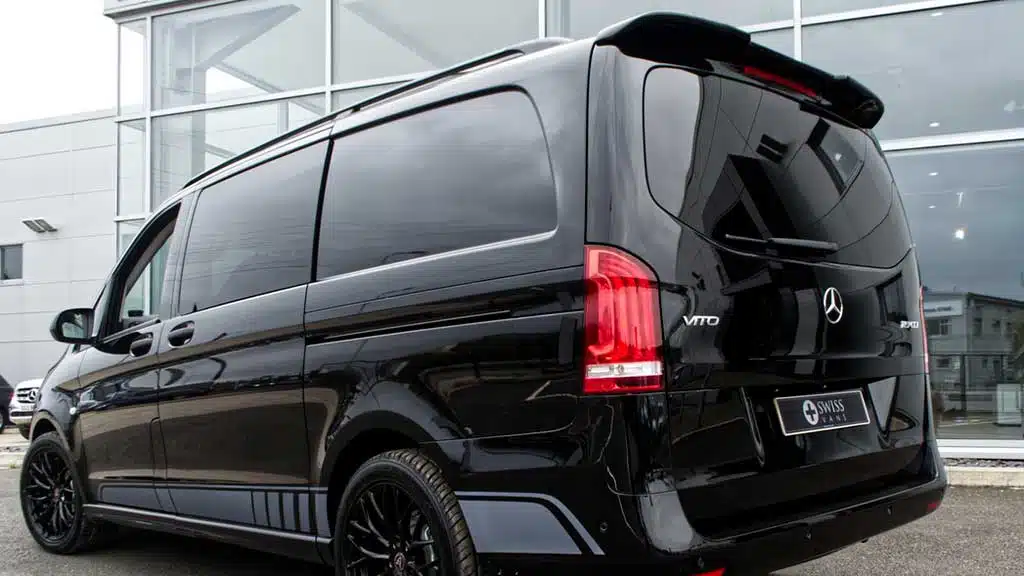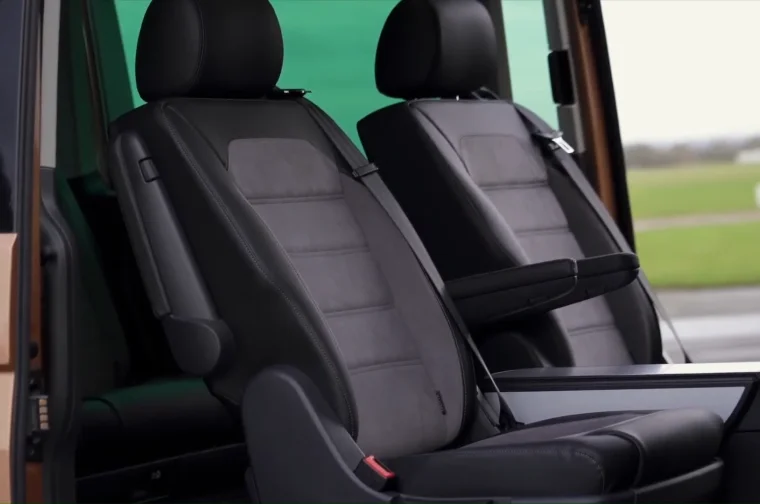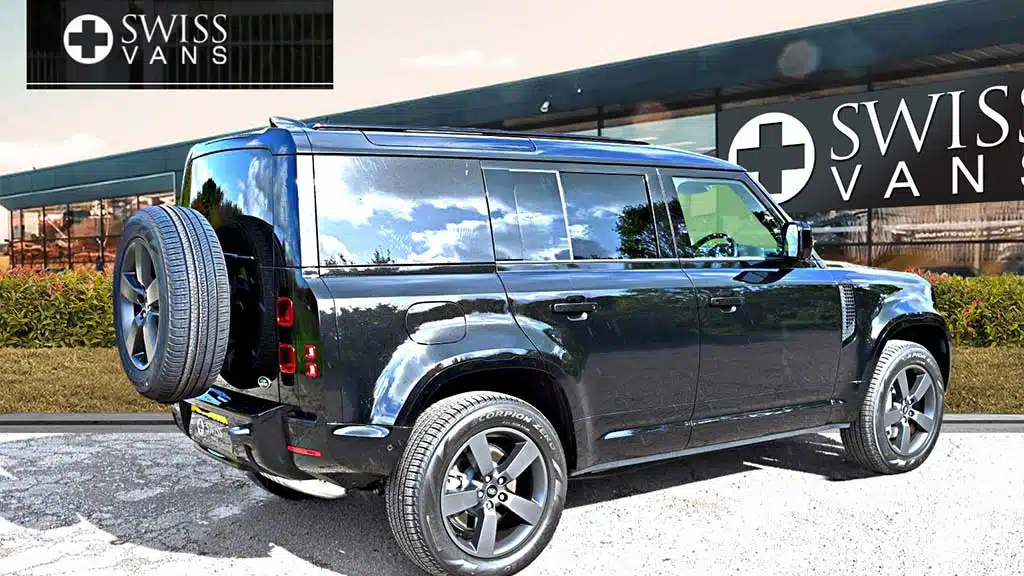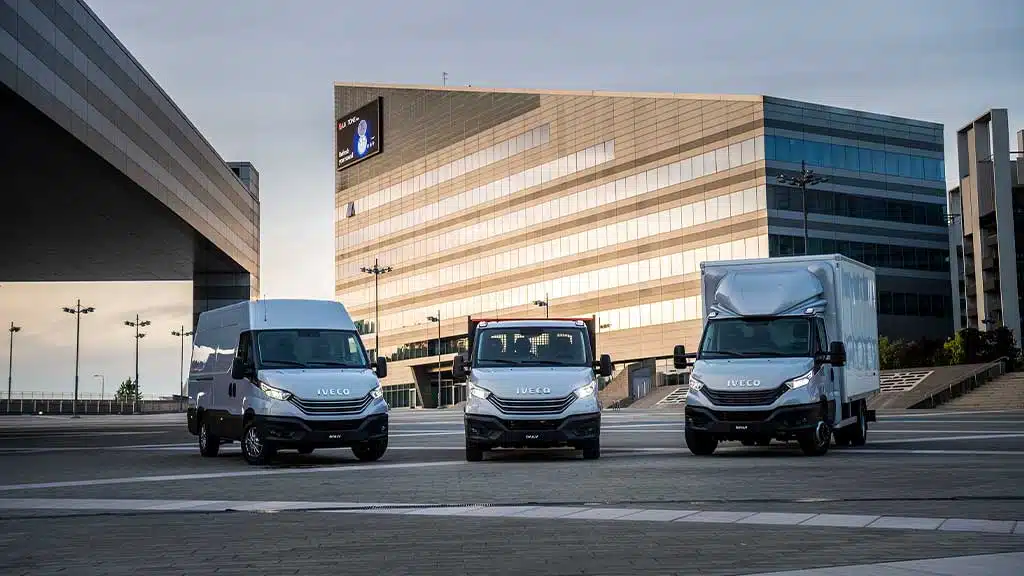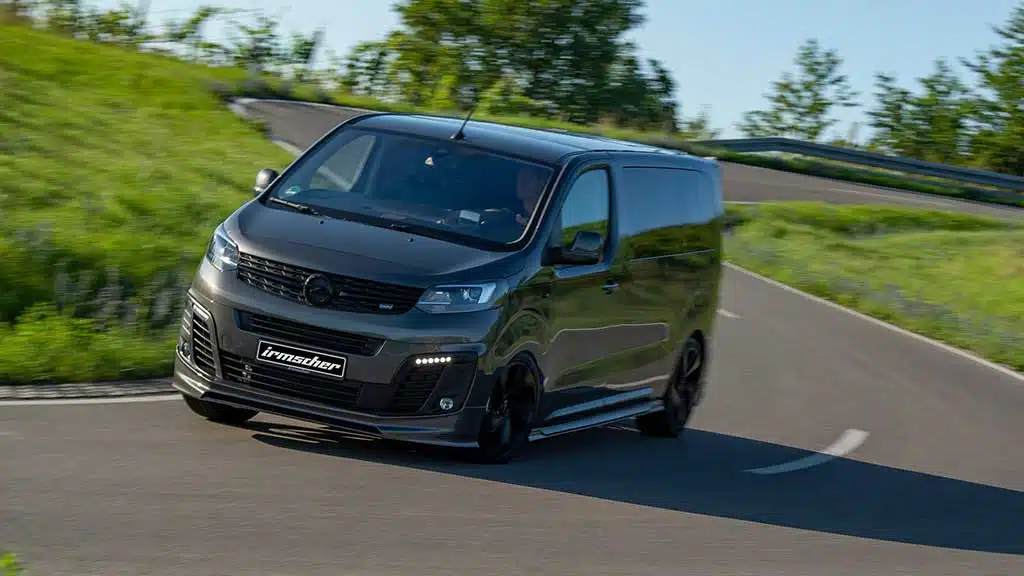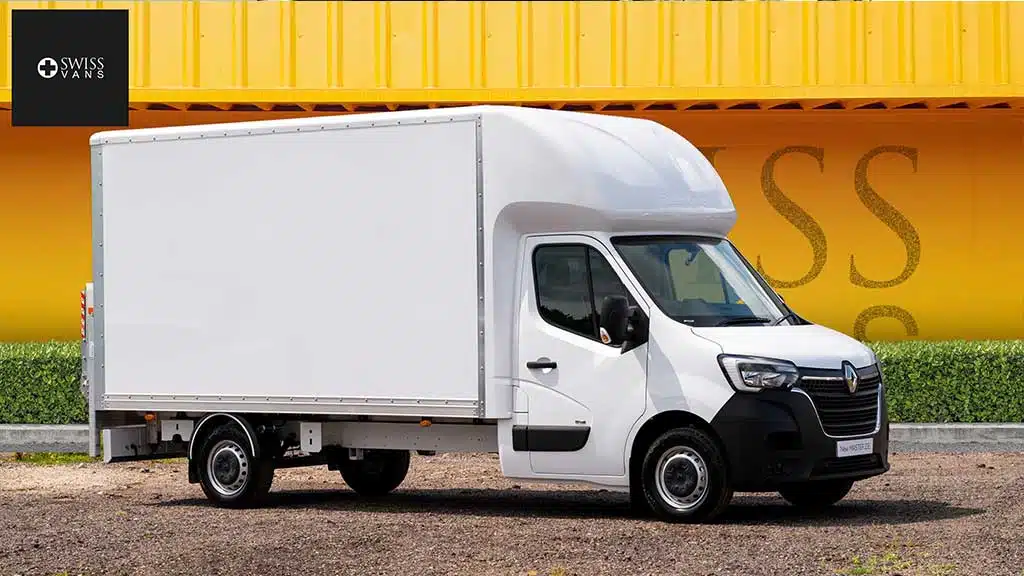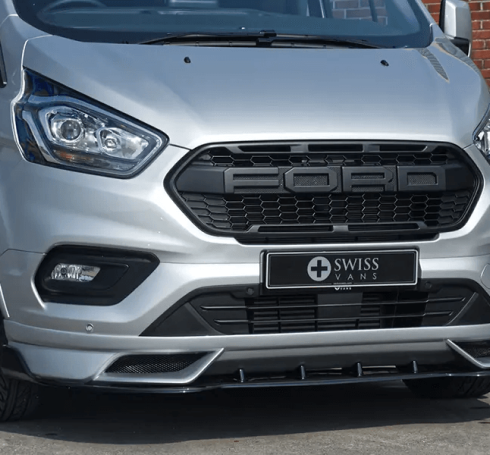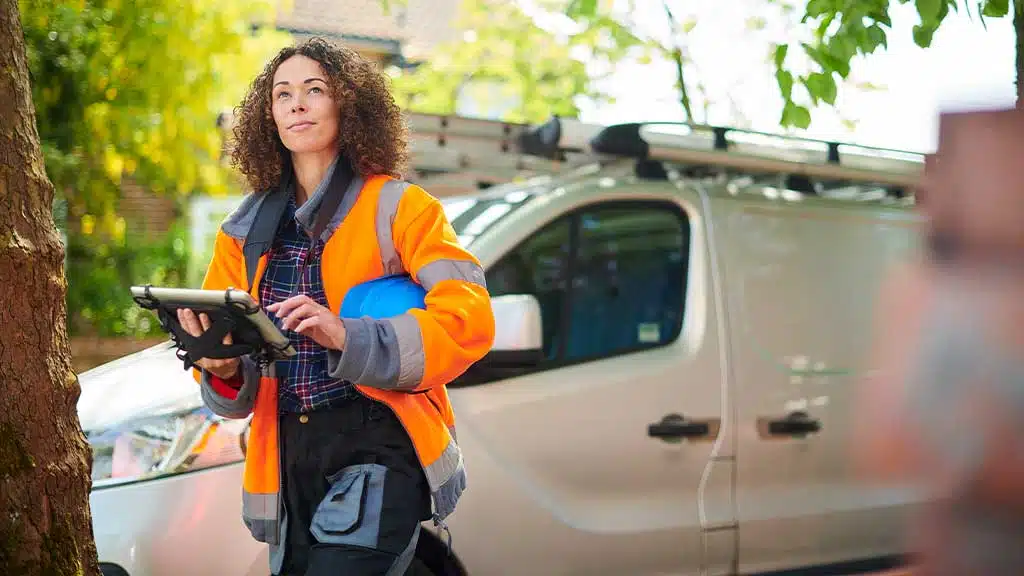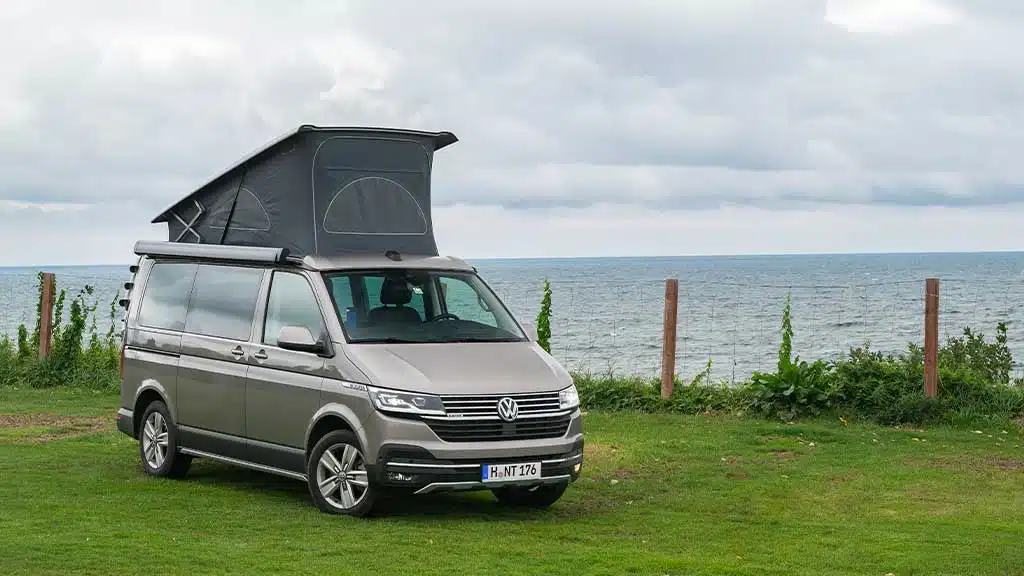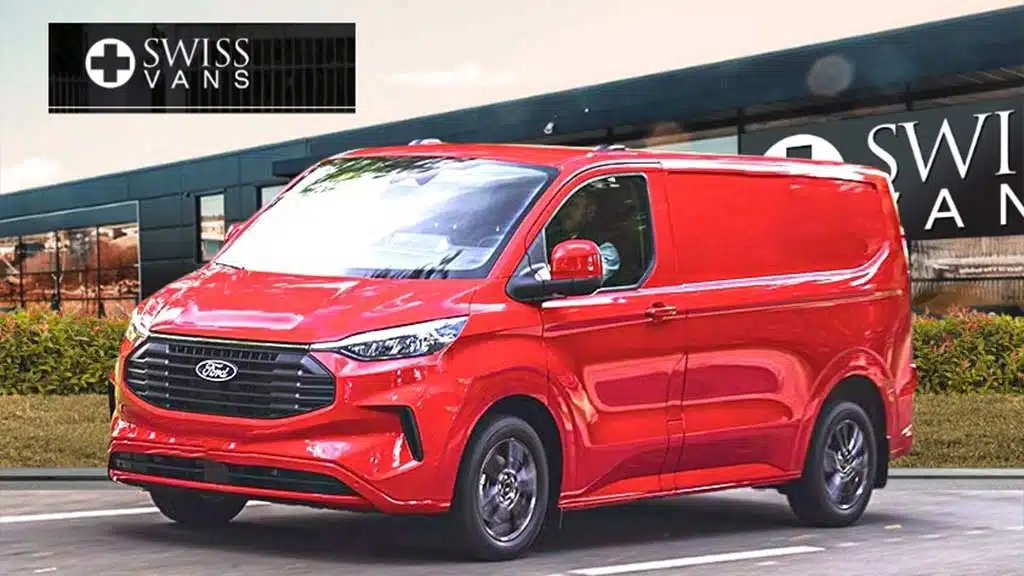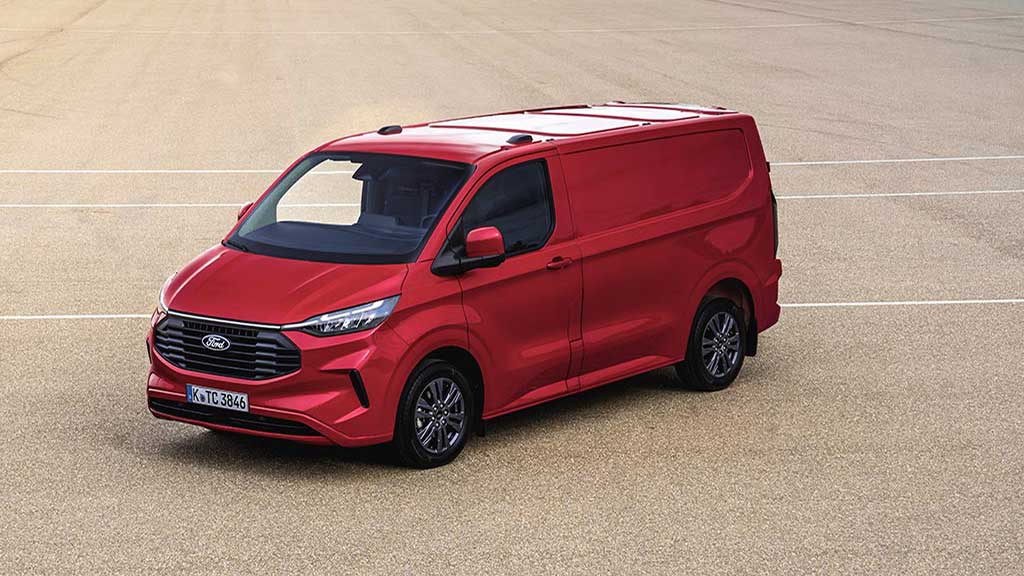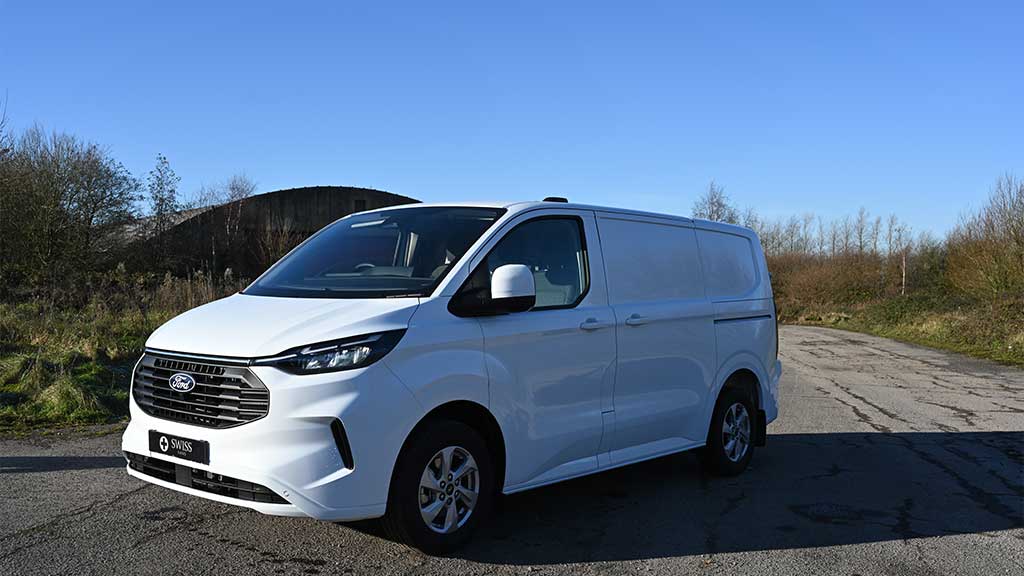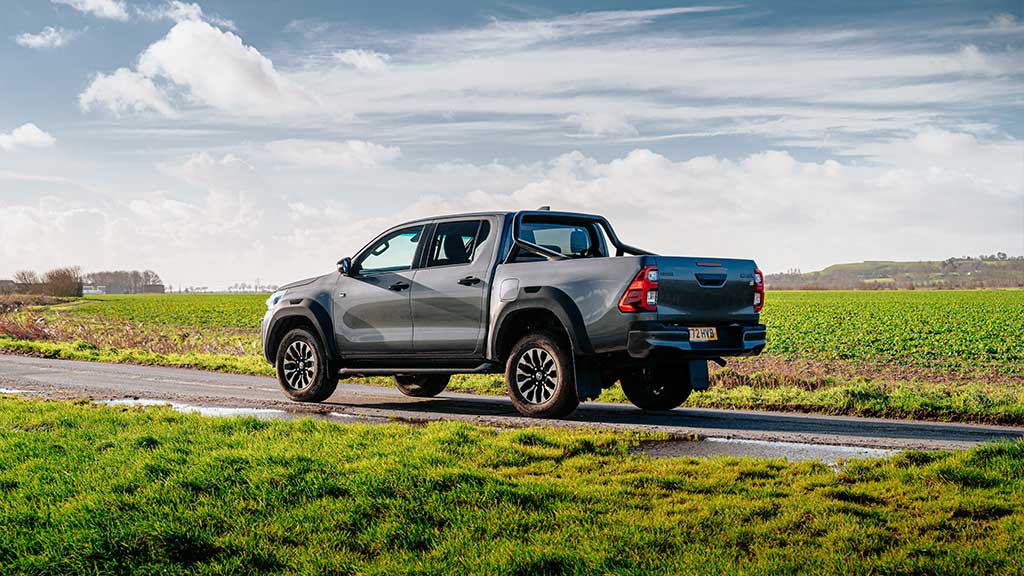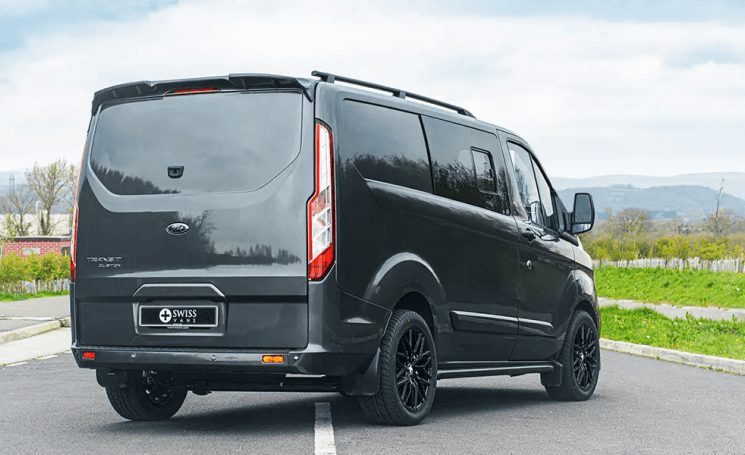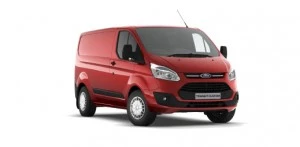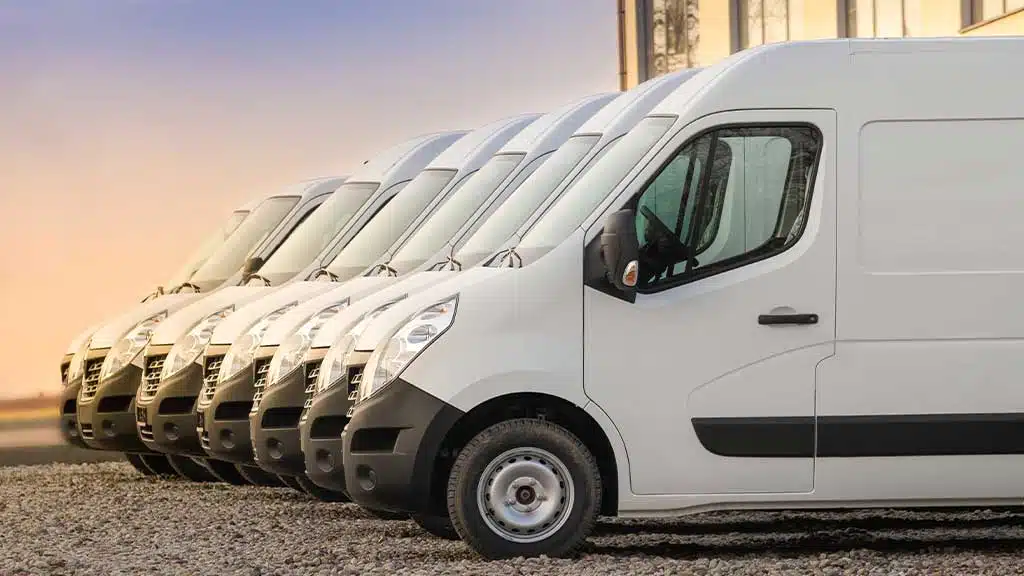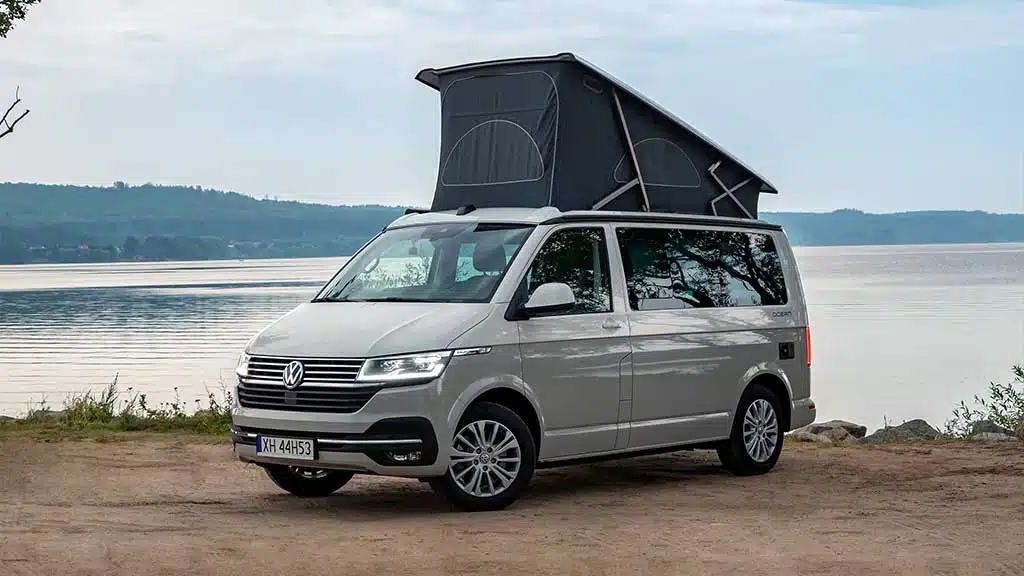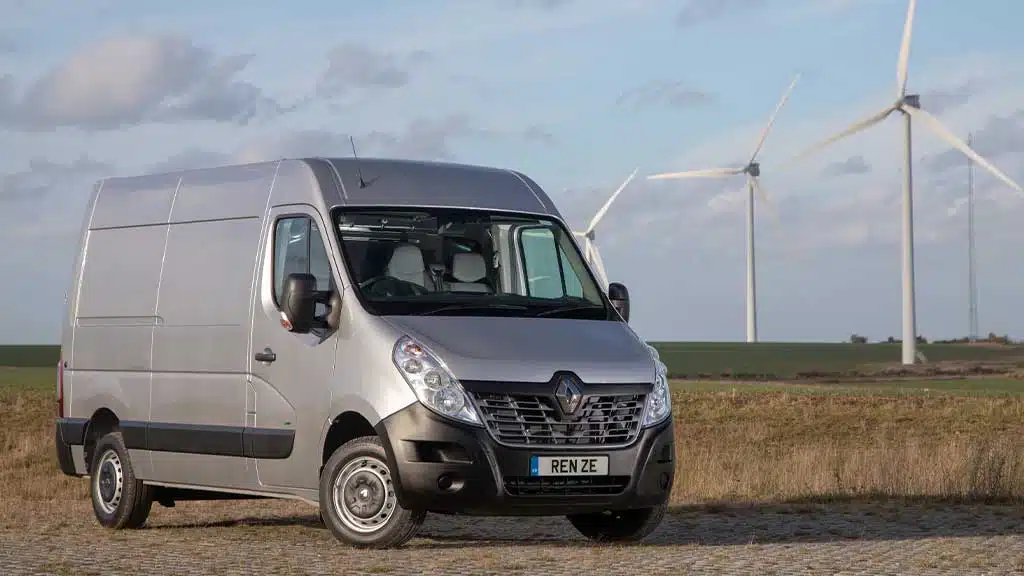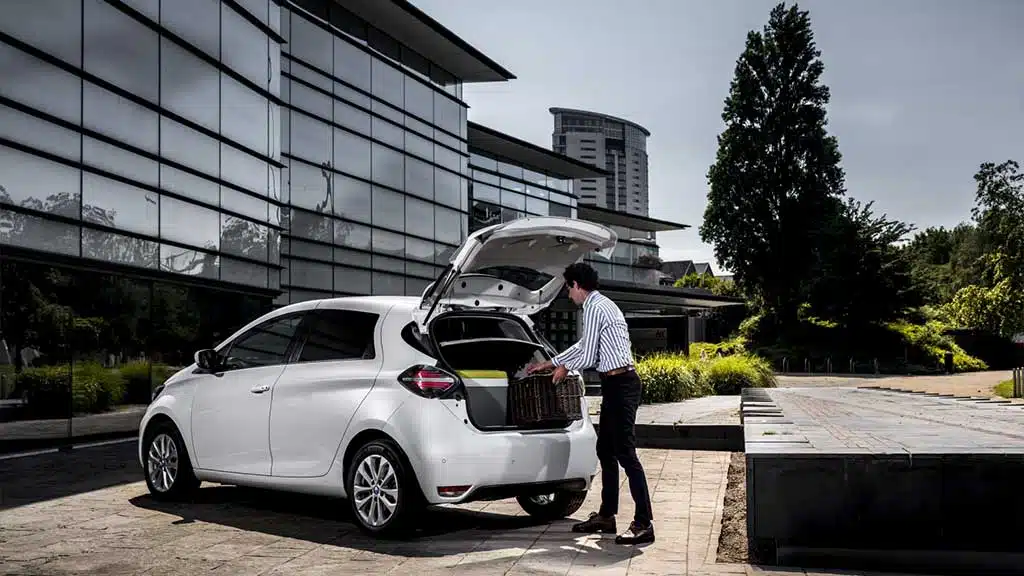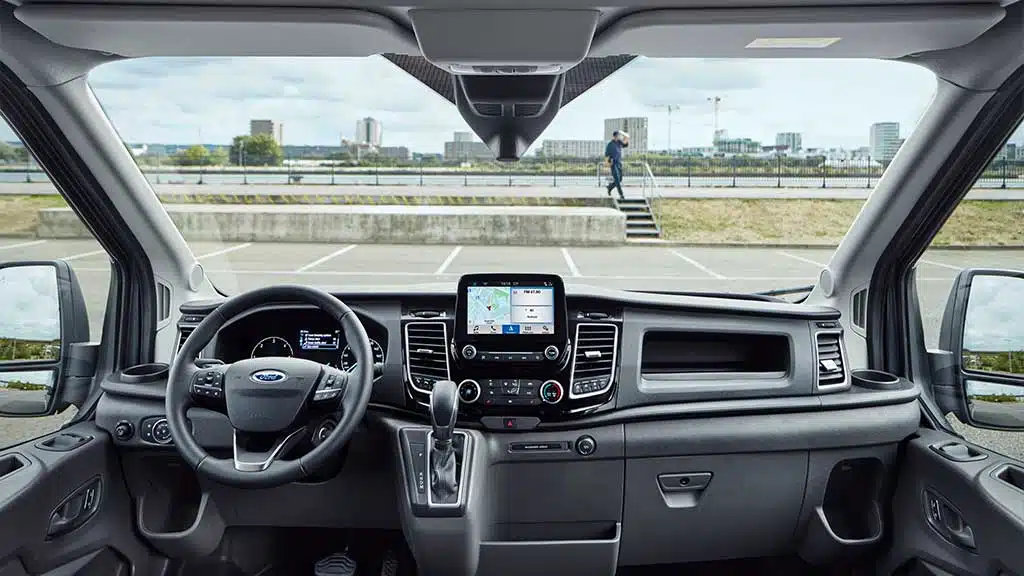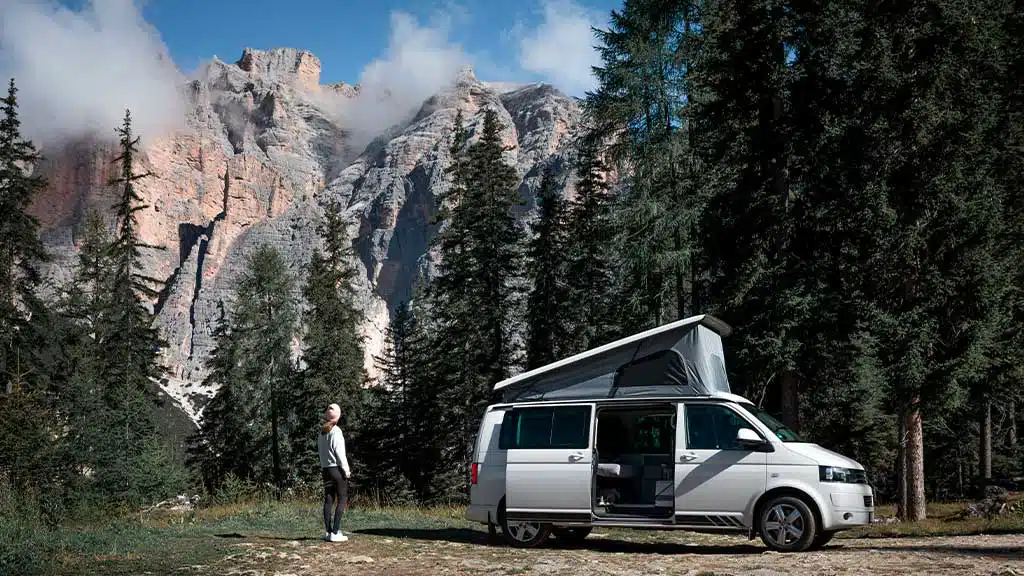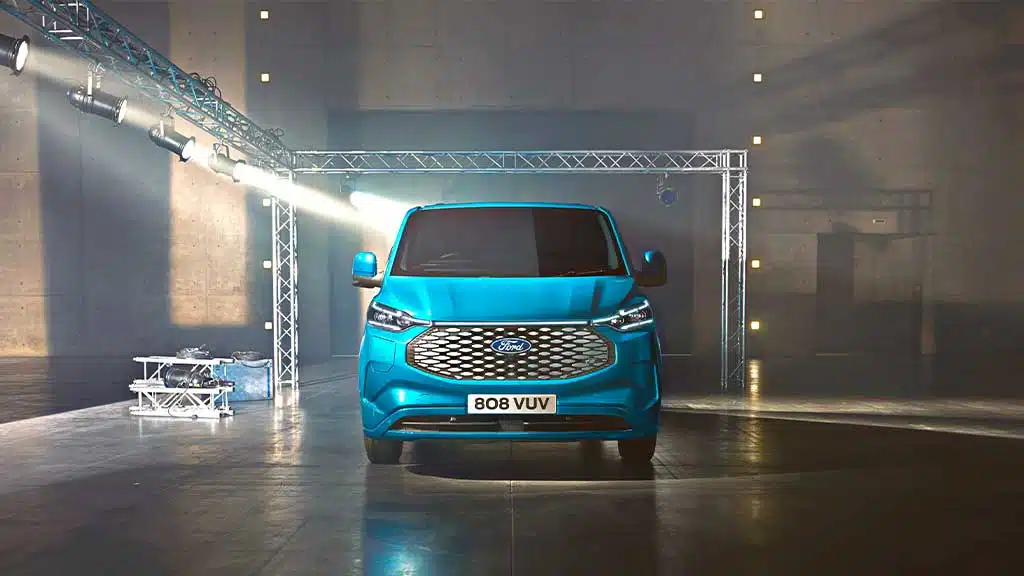Every business, whether a retail outlet, repair service, or distributor, needs a mode of transport to help fulfil customers’ wishes. Vans are the most capable type of vehicle you could choose for your business. Considering its efficiency, van acquisition has become a necessity for most UK businesses. The vehicle’s popularity in the UK skyrocketed to a whopping 4.1 million, with the Ford Transit Custom as the preferred choice as of 2019.
So, if you’re in the process of acquiring a van for your business, how do you choose the best one? The options range from compact MPVs such as the Mazda 5, to expansive types such as the Chevrolet Express. The fact that the market is flooded with so many vans make, models, and sizes makes it daunting to make a decision. This comprehensive guide will break it down for you and make it easier to pick the right van that suits your business needs.
How Expensive Can a Van for Business Be?
It’s typical for anyone to start with affordability before considering other factors. It’s therefore appropriate if we tackled this bull by the horns first, then we’ll proceed to other key considerations. How much are you willing to spend on your business van? Besides that, you’ll also need to consider the insurance costs as well as the vehicle running expenses.
If you think your business will benefit the most from a large van such as Iveco Daily or VW Crafter, just know that your fuel expenses will be higher. And in that case, you’ll need to chip in deeper into your pocket for insurance. On the other hand, a small van may cost less to acquire and maintain, but you’ll have to deal with limited capacity and lower payload.
You don’t need to worry though even if your desired van is out of your budget; you could still acquire it through several options. There’s no need to unveil one from the dealership if you can’t afford it. Commonly used van acquisition options are van lease and contract hire. These are similar to renting out a space for business. This is where you pay an initial deposit followed by monthly payments for using the van. The difference comes in that with a van lease, you get the option to own the van at the end of the lease but with contract hire, the lessor takes back the van. Check out more about these van financing options here.
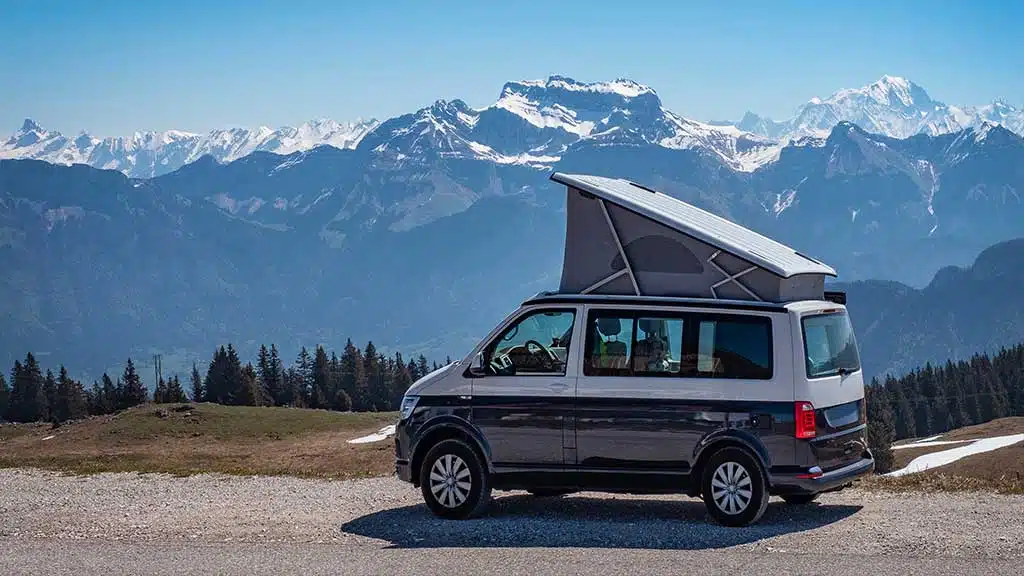
What To Consider When Buying A Business Van
Finding the right business van that will not only serve you longer but also keep your running costs low takes a lot of time. Some of the considerations you might look into during your search include the van payload, load capacity, daily usage, and nature of your journey. Let’s break down each of these points for you.
How will you use the van?
Almost every type of business needs a van. The types of uses that come to mind first are activities such as construction, transporting work tools, and retail outlet deliveries. However, there are plenty of other ways you could use a van. Such as a school or home care van, caged transport for vets, or even equipment transport for event planners.
If you run a small startup and want a fuel-efficient van, your choice should revolve around MPVs like Mazda 5 and Ford C-Max. these vans offer excellent fuel efficiency that will come in handy in lowering your running costs and insurance.
For those with bigger van requirements and an MPV won’t do, a minivan can be a suitable option. Minivans have a better combination of seating capacity, cargo space, and value. Options worth your while in this category are Honda Odyssey and Toyota Sienna. In case your business needs a full-size passenger van, you could go for larger options with a capacity of up to 15 passengers. Chevrolet Express makes a suitable choice.
Sometimes your business may need a larger van with more cargo space. The options worth looking at in this category include the Ford Transit Connect, Chevrolet Express, or Dodge Grand Caravan. They all have different sizes, but a common factor is that they’re bigger and more suitable cargo vans.
Payload capacity
This is the manufacturer’s directive on the highest amount of weight the van can carry. If your business involves transporting a heavy load, you might want to consider a van with a bigger payload. Payload limits are not only stated for safety but also to ensure that your van has a longer service life. That’s why exceeding the payload attracts hefty fines from the government.
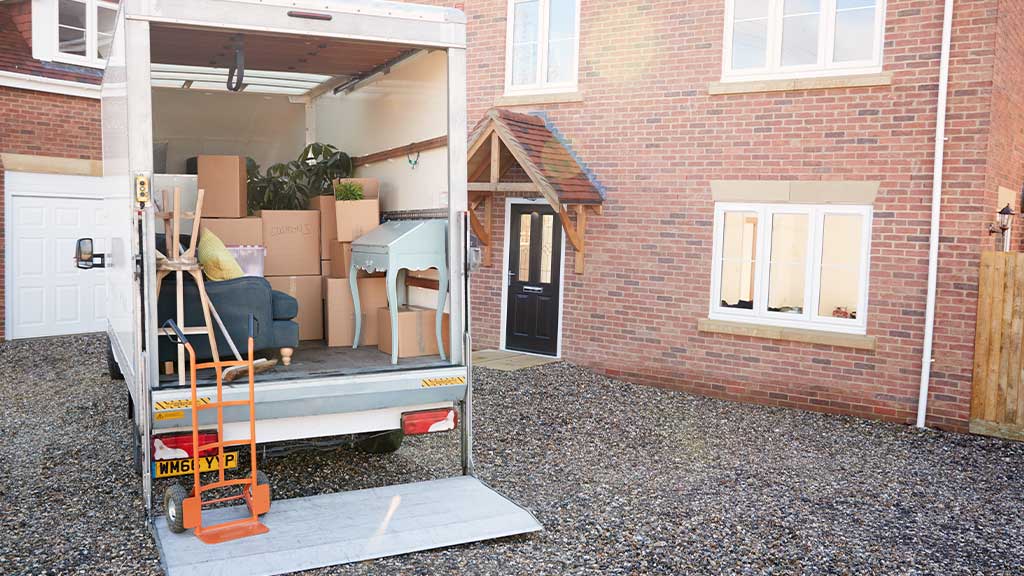
The least you could pay for exceeding the payload is £100 and it could go up to £300 if you breach it by 15% or higher. If the payload goes beyond 30%, it could attract a court summon. It’s therefore crucial to think about the type of load you’ll be carrying with the van.
Go for a van with a larger payload if you plan on expanding your business soon. Alternatively, you can buy a smaller van and later on lease a bigger model to meet your growing needs.
Space capacity
After dealing with the issue of payload, the next issue on the table is the amount of space you need. Generally, small-capacity vans have lower payloads. So, if you carry a heavier but less bulky load, a small van may not serve the purpose well. On the other hand, if your load is bigger but lighter, going for a bigger van won’t hurt.
Van capacity is often in square meters or sometimes litres. But looking at these measurements might not shed a light on the actual capacity of the van. If the van’s load capacity isn’t clear, Swiss Vans recommends comparing several options from different manufacturers. Then match the different capacities to the size of your load to get a hint of how suitable a van’s space might be.
Wheelbase and height
These are often not considered by many people when looking for a business van, but they’re equally very important. The wheelbase is the distance between the van’s front and rear axle. It dictates the capacity and the length of a van. It also affects your ability to manoeuvre in traffic. Therefore, when selecting a van for business, consider the different wheelbases available; long, medium, and short.
If your business entails transporting items such as furniture, you may need a van with a larger height. For those carrying items like tools and equipment, a moderate-height van will do. So, it’s good to compare vans from different manufacturers if looking at similar types of vans.
Daily journey and terrain
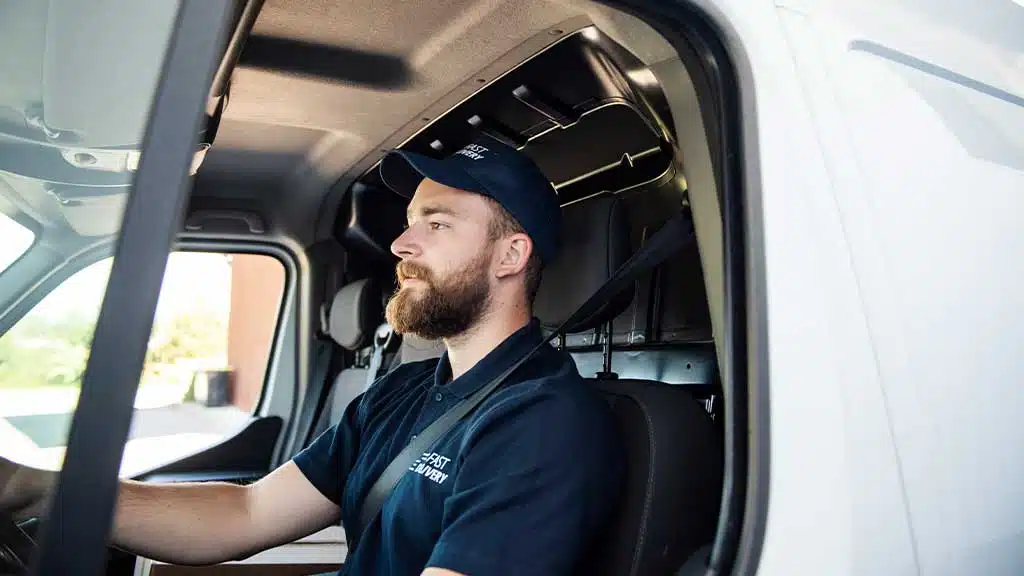
Where will you most be driving your new business van? If the van will be used for transporting passengers over long distances, comfort should be a high priority. It pays to spare a few more pounds to get a van with comfier seats, radio, and air conditioning, among other features. Also, ensure the van conforms to the set safety standards for passenger transportation.
For a van that carries loads to work sites or agricultural sites, a van that can tough terrain will best serve the purpose. Also, if you drive over long distances, you might want to consider a diesel engine van to save on fuel. For vans driven for shorter distances in urban areas, petrol engines or even hybrid vans are more suitable.
Conversion and modifications
Are you going to make modifications to the van to suit your business operations? If that’s the case, consider the cost in your budget. It could be cheaper to go for a stripped-out van, and then DIY the modifications. That way, you could avoid spending more on an already modified van, which also, may not suit your specific requirements.
Types of Vans Suitable for Business
Now that we’ve looked at the key considerations to look at when looking for a business van, let’s look at the choices of van worth considering. Depending on the type of business you run, various types of vans can best suit your requirements:
Panel vans
These are often three-passenger vans that come with a huge loading bay. Panel vans usually don’t have side or rear windows. Some of the options include Mercedes-Benz Vito, Fiat Scudo, Peugeot Expert, and Toyota Proace.
Luton vans
These are spacious vans with longer wheelbases and are often panel-styled. Luton vans are also called box vans, and some good examples include Iveco Daily, Ford Transit, and Mercedes-Benz Sprinter. Each of these vans comes with different dimensions, therefore check their specifications to match your needs.
Dropside vans

A dropside van is also called a tipper and features a flat bed making it easier to offload the contents from the back. They often have a capacity of two to three passengers. Some of the examples include Peugeot Boxer, Vauxhall Movano, MAN TGE, and Citroen Relay L3.
Chassis cab vans
These resemble dropside vans, except that they have a flat platform to fit different types of loads. Chassis cab gives you an option of upfitting the chassis section to suit your business needs. these vans are commonly used for plumbing and HVAC deliveries, refrigeration services, moving companies and more.
Final Thoughts on Choosing the Best Business Van
Choosing the right van for business requires you to do due diligence on your needs and the options available in the market. Apart from looking at features like payload, capacity, wheelbase, and the type of van, you should also consider additional features. Modern vans offer plenty of features such as cruise control, sat-nav, and air conditioning.
Additionally, features like internal ply lining, load restraints, roof rack and a tow bar can be very useful depending on your type of business. Assess your requirements and look for a van that accommodates features such as these before making your decision.

